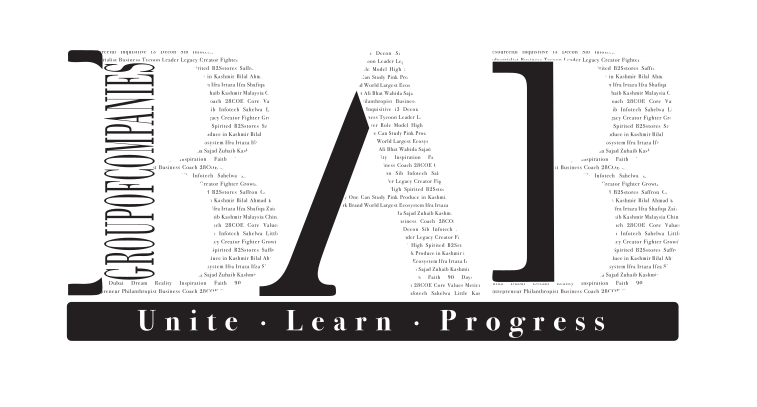In recent years, remote work has transitioned from a novel perk to a widespread practice, significantly accelerated by the global pandemic. As the world adapts to new norms, it’s crucial to understand the pros and cons of working remotely for both companies and employees. By weighing these factors, organizations and their staff can make informed decisions about embracing or refining remote work policies.
Pros for Companies
- Access to a Global Talent Pool
Advantage: Remote work removes geographical barriers, allowing companies to hire talent from anywhere in the world. This access to a broader talent pool can lead to a more diverse and skilled workforce. Actionable Insight: Develop a robust recruitment strategy that leverages global job boards and platforms to attract top talent.
- Cost Savings
Advantage: Companies can reduce overhead costs related to office space, utilities, and on-site amenities. Actionable Insight: Redirect savings into employee development programs, technology upgrades, and other strategic initiatives.
- Increased Productivity
Advantage: Studies have shown that remote employees often report higher productivity levels due to fewer distractions and a more comfortable work environment. Actionable Insight: Implement productivity-tracking tools and regular check-ins to ensure sustained productivity and employee engagement.
- Enhanced Employee Retention
Advantage: Offering remote work can boost employee satisfaction and retention, as it provides flexibility and work-life balance. Actionable Insight: Conduct regular surveys to gauge employee satisfaction and address any concerns related to remote work.
Cons for Companies
- Communication Challenges
Disadvantage: Remote work can lead to communication breakdowns and misunderstandings, which may affect collaboration and project outcomes. Actionable Insight: Invest in robust communication tools and establish clear communication protocols to ensure seamless interaction.
- Security Risks
Disadvantage: Remote work can expose companies to cybersecurity threats, as employees may use unsecured networks or personal devices. Actionable Insight: Implement comprehensive cybersecurity policies, provide training, and use secure virtual private networks (VPNs).
- Management Difficulties
Disadvantage: Managing remote teams can be challenging, particularly in terms of monitoring performance and maintaining team cohesion. Actionable Insight: Offer training for managers on remote leadership skills and use performance management tools to track and support team performance.
Pros for Employees
- Flexibility and Work-Life Balance
Advantage: Remote work offers flexibility in work schedules, allowing employees to better balance personal and professional responsibilities. Actionable Insight: Encourage employees to create structured work schedules and set boundaries to maintain work-life balance.
- Elimination of Commute
Advantage: Remote work eliminates commuting time and costs, leading to improved well-being and additional personal time. Actionable Insight: Promote the benefits of the time saved and encourage employees to use it for personal growth or relaxation.
- Increased Autonomy
Advantage: Remote work fosters a sense of autonomy and trust, as employees have more control over their work environment and methods. Actionable Insight: Provide guidelines on best practices for remote work while allowing flexibility in how tasks are completed.
Cons for Employees
- Isolation and Loneliness
Disadvantage: Remote work can lead to feelings of isolation and loneliness, impacting mental health and job satisfaction. Actionable Insight: Organize regular virtual social events and encourage team members to connect informally.
- Difficulty in Separating Work and Personal Life
Disadvantage: The lack of a physical boundary between work and home can lead to overworking and burnout. Actionable Insight: Encourage employees to establish a dedicated workspace and adhere to a consistent work schedule.
- Limited Access to Resources
Disadvantage: Remote employees may have limited access to office resources and support, potentially hindering their ability to perform tasks effectively. Actionable Insight: Provide necessary equipment and resources, and set up an efficient support system for remote workers.
Conclusion
The transition to remote work presents both opportunities and challenges for companies and employees. By understanding these pros and cons, organizations can create strategies that leverage the benefits while mitigating the drawbacks. At BAB Group Of Companies, we believe in empowering our workforce through flexible and effective remote work policies. By fostering a culture of trust, communication, and support, we can navigate the complexities of remote work and thrive in the modern business landscape.

